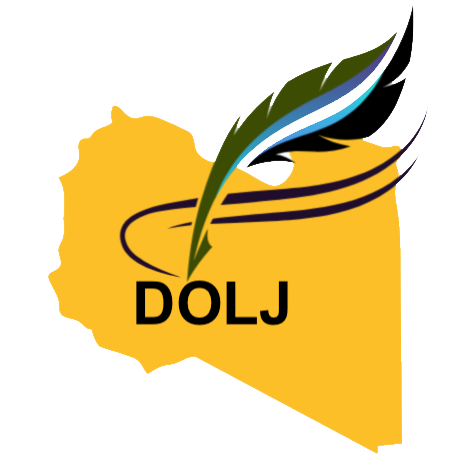Reparation in International Law
DOI:
https://doi.org/10.54172/fe0ns342Keywords:
Reparation, International law, Harm, Redress, ConflictsAbstract
Reparation in international law is one form of redress for harm, whether it arises from an unlawful act or internationally prohibited activities. Reparation serves as a means of seeking redress, whereby the moral damage suffered by individuals under international law is addressed. It is the legal consequence of state responsibility for unlawful acts that undermine a state's honor, dignity, and prestige. The first part of this academic article presents the concept of reparation, while the second part explores its applications. This scholarly article aims to highlight the importance of reparation as a mechanism for correction and compensation in international conflicts, and its role in restoring justice, rebuilding trust, and achieving peace between states and affected individuals. The article analyzes the fundamental principles and concept of reparation, as well as clarifies the procedures and standards used to determine the extent of compensation and implement reparation processes. Practical examples of reparation in various international conflicts are examined, along with the legal issues and challenges faced in the reparation process, and strategies for enhancing its effectiveness in achieving international justice and peace.
Downloads
Published
Issue
Section
License

This work is licensed under a Creative Commons Attribution-NonCommercial 4.0 International License.
Copyright of the articles Published by Almukhtar Journal of Social Science (MJSSc) is retained by the author(s), who grant MJSc a license to publish the article. Authors also grant any third party the right to use the article freely as long as its integrity is maintained and its original authors and cite MJSSc as the original publisher. Also, they accept the article remains published by the MJSSc website (except in the occasion of a retraction of the article).













